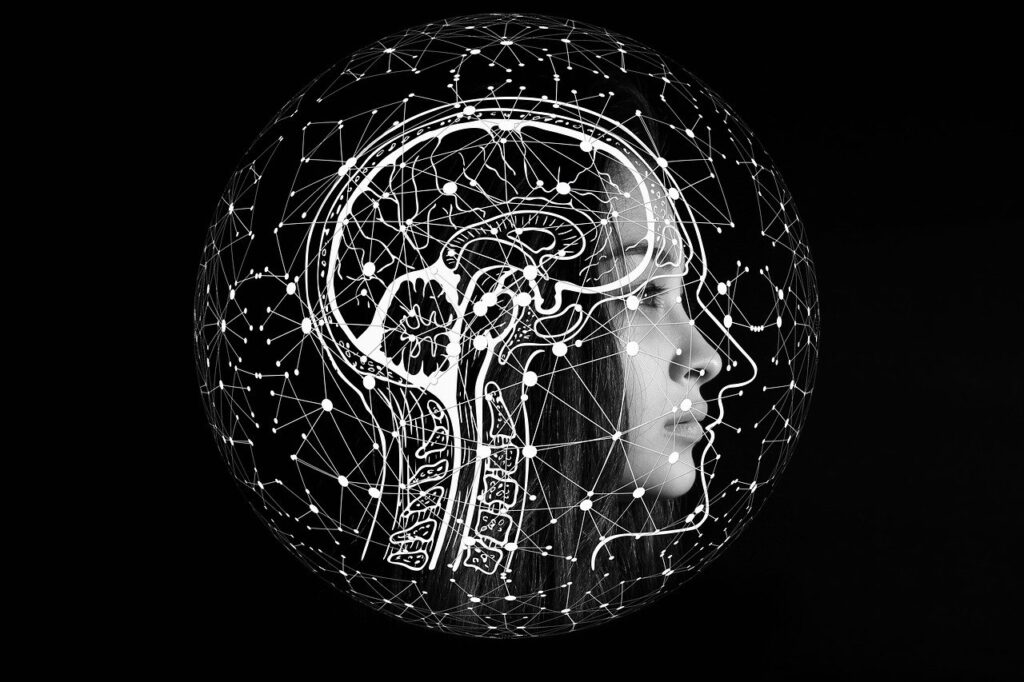Contents
ToggleTypes of Artificial Intelligence: Reactive, Limited Memory, and Theory of Mind
Artificial intelligence (AI) is a rapidly evolving field that is changing the way we live and work. In recent years, there has been a lot of discussion about different types of AI and their respective capabilities. In this article, we’ll explore three types of AI: Reactive AI, Limited Memory AI, and Theory of Mind AI, and analyze their advantages, limitations, and real-world applications.
AI is a branch of computer science that involves the development of intelligent machines that can perform tasks that typically require human intelligence, such as visual perception, speech recognition, decision-making, and language translation. AI can be broadly categorized into three types: Reactive AI, Limited Memory AI, and Theory of Mind AI. Each type of AI has its own strengths and limitations, which we’ll discuss in detail in the following sections.
Types of AI
01 Reactive AI:
Reactive AI is the most basic type of AI, and it is designed to react to a specific situation in a predetermined way. Reactive AI does not have the ability to learn from past experiences or make predictions about future events. Instead, it relies on a set of pre-programmed rules to make decisions. Reactive AI is used in many real-world applications, such as robotics, gaming, and automation.
One example of Reactive AI in action is the Roomba robot vacuum cleaner. The Roomba uses sensors to detect obstacles and navigate around them. However, it does not have the ability to remember the layout of a room or learn from past cleaning experiences. Instead, it follows a set of pre-programmed rules to clean the room in a systematic manner.
The main advantage of Reactive AI is its simplicity and speed. Since it does not require any learning or memory, it can make decisions and take action quickly. However, its main limitation is that it is not able to adapt to new situations or learn from past experiences. As a result, Reactive AI is not well-suited for complex tasks that require more advanced reasoning and decision-making abilities.
02 Limited Memory AI
Limited Memory AI is a more advanced type of AI that has the ability to learn from past experiences and make predictions about future events. Limited Memory AI uses a combination of pre-programmed rules and machine learning algorithms to make decisions. It can also store and retrieve information from past experiences to inform its decision-making process.

One example of Limited Memory AI in action is the speech recognition software used by virtual assistants such as Siri and Alexa. These virtual assistants use machine learning algorithms to improve their accuracy over time by analyzing data from past interactions. They can also remember information about the user, such as their preferences and habits, to provide more personalized responses.
The main advantage of Limited Memory AI is its ability to adapt to new situations and learn from past experiences. It can also make more accurate predictions about future events based on its past learning. However, its main limitation is that it still relies on pre-programmed rules to make decisions, which can limit its flexibility and adaptability.
03 Theory of Mind AI
Theory of Mind AI is the most advanced type of AI, and it has the ability to understand the mental states of other beings, such as their beliefs, desires, and intentions. Theory of Mind AI is designed to simulate human-like reasoning and decision-making abilities. It can also learn from past experiences and make predictions about future events.
One example of Theory of Mind AI in action is self-driving cars. Self-driving cars use a combination of sensors, machine learning algorithms, and predictive models to navigate roads and avoid obstacles. They can also analyze the behaviour of other drivers and pedestrians to predict their intentions and make decisions accordingly.
The main advantage of the Theory of Mind AI is its ability to understand and respond to complex human behaviours and intentions. It can also adapt to new situations and learn from past experiences. However, its main limitation is that it is still in the early stages of development, and there are many technical and ethical challenges that need to be addressed before it can be fully realized.
Comparison and Contrast of the Three Types of AI
Each type of AI has its own strengths and limitations, and they are suited to different types of tasks. Reactive AI is best suited for tasks that require quick and simple decision-making, such as robotics and gaming. Limited Memory AI is better suited for tasks that require more complex decision-making, such as speech recognition and image classification. Theory of Mind AI is best suited for tasks that involve understanding and responding to complex human behaviours and intentions, such as self-driving cars and healthcare.
While each type of AI has its own strengths and limitations, they are not mutually exclusive. In fact, many AI systems use a combination of different types of AI to achieve their goals. For example, a self-driving car may use Reactive AI to avoid obstacles and Limited Memory AI to learn from past experiences and make predictions about future events.
Implications and Future Directions
The development of AI has many potential implications for the future of work and society as a whole. As AI becomes more advanced, it is likely to replace many jobs that are currently performed by humans. This could lead to widespread unemployment and income inequality if not managed carefully.
On the other hand, AI also has the potential to create new jobs and industries that do not currently exist. For example, the development of self-driving cars could lead to the creation of new jobs in transportation and logistics.
To ensure that the development of AI benefits society as a whole, it is important to address the ethical and technical challenges that come with it. This includes ensuring that AI systems are transparent, explainable, and accountable and that they do not perpetuate bias and discrimination.
Conclusion
In conclusion, there are three main types of AI: Reactive AI, Limited Memory AI, and Theory of Mind AI. Each type of AI has its own strengths and limitations, and they are suited to different types of tasks. While AI has the potential to revolutionize many industries, it also has the potential to create new challenges and ethical dilemmas. As AI continues to evolve, it is important to ensure that it is developed in a responsible and ethical manner to benefit society as a whole.

